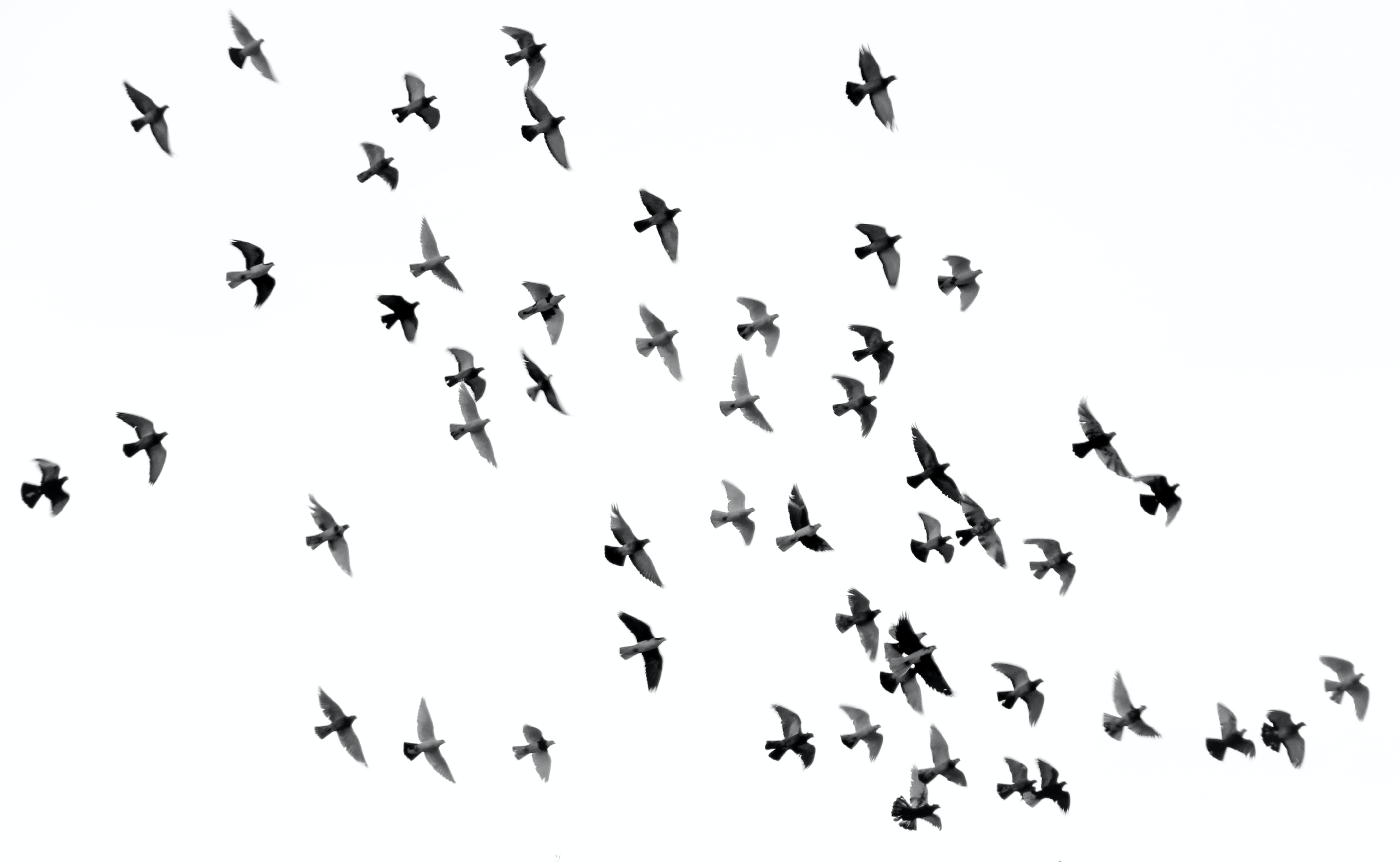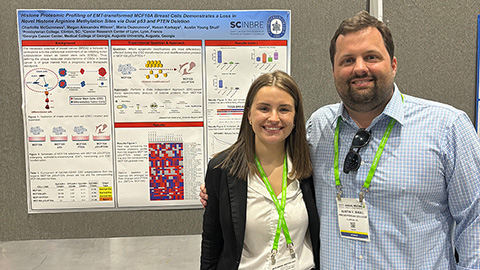This week's staff picks
Every other week, the ASBMB staff shares what we’ve been reading, listening to, watching and doing. As our pandemic summer winds down, we've found a few distractions.
Ave Verum Corpus (William Byrd)
Last weekend I met up with friends to do some choral singing for the first time in about seven months (with masks, and social distancing, not to worry). I forgot how beautiful it is to sing together. This song was my favorite of the afternoon.
— Catherine Goodman, scientific editor at the Journal of Biological Chemistry

Why Do Solar Farms Kill Birds? Call in the AI Bird Watcher (Daniel Oberhaus/Wired)
Wind farms get a lot of unwarranted heat for killing birds, but, strangely, solar farms also manage to rack up a disconcerting avian death toll — around 160,000 birds annually, which is one-tenth of 1% of the estimated number of birds killed by fossil-fuel power plants. To figure out why these deaths occur, researchers at Argonne National Laboratory developed a machine learning–powered system that uses resource-efficient technology to count bird deaths — a technical feat that required deconstructing the features of "birdness" so that a computer could reliably recognize them.
— John Arnst, science writer
Knives Out (Rian Johnson, Amazon Prime video)
A friend recommended this movie, and when I started watching it, my first thought was: someone brought a Clue board game to life. At the risk of giving anything away, I’ll leave the synopsis to the trailer. When you watch it, I do suggest silencing your cell phones, as the movie theaters would advise. I don’t think you’ll want to miss a beat.— Allison Frick, multimedia and social media content manager

The Crossword Revolution is Upon Us (Katy Steinmetz, Time)
Is a crossword puzzle an instrument of culture? This Time article makes a compelling case that it is — and that the culture of crosswords is beginning to reflect the diversity of America. I especially enjoyed perusing some of the clues and guessing at whether I could solve them in the wild.
— Laurel Oldach, science communicator
The Splendid and the Vile (Erik Larson, Random House)
The subtitle says it all here: “A Saga of Churchill, Family, and Defiance During the Blitz.” My sister sent me this book of history-that-reads-like-a-novel when I was laid up for a couple of weeks in July. As we slog through months of mask-wearing, social-distancing unpleasantness, it’s therapeutic to be reminded that, for those of us who haven’t gotten deathly ill with COVID-19, things could be worse than the current pandemic. And in London in 1940-41, they were much worse. Think about planes dropping bombs on your city night after night. For many months. This book evokes the stoic British response to that horror and offers a portrait of idiosyncratic (but very effective) leadership in a time of crisis.
— Comfort Dorn, managing editor of ASBMB Today
Enjoy reading ASBMB Today?
Become a member to receive the print edition four times a year and the digital edition monthly.
Learn moreGet the latest from ASBMB Today
Enter your email address, and we’ll send you a weekly email with recent articles, interviews and more.
Latest in Opinions
Opinions highlights or most popular articles

The tortoise wins: How slowing down saved my Ph.D.
Graduate student Amy Bounds reflects on how slowing down in the lab not only improved her relationship with work but also made her a more productive scientist.

How pediatric cataracts shaped my scientific journey
Undergraduate student Grace Jones shares how she transformed her childhood cataract diagnosis into a scientific purpose. She explores how biochemistry can bring a clearer vision to others, and how personal history can shape discovery.

Debugging my code and teaching with ChatGPT
AI tools like ChatGPT have changed the way an assistant professor teaches and does research. But, he asserts that real growth still comes from struggle, and educators must help students use AI wisely — as scaffolds, not shortcuts.

AI in the lab: The power of smarter questions
An assistant professor discusses AI's evolution from a buzzword to a trusted research partner. It helps streamline reviews, troubleshoot code, save time and spark ideas, but its success relies on combining AI with expertise and critical thinking.

How AlphaFold transformed my classroom into a research lab
A high school science teacher reflects on how AI-integrated technologies help her students ponder realistic research questions with hands-on learning.

Writing with AI turns chaos into clarity
Associate professor shares how generative AI, used as a creative whiteboard, helps scientists refine ideas, structure complexity and sharpen clarity — transforming the messy process of discovery into compelling science writing.
